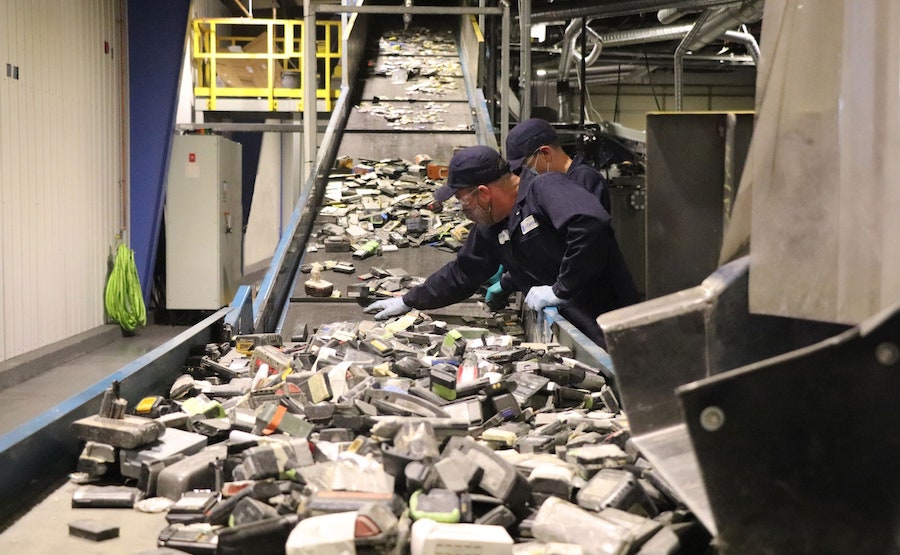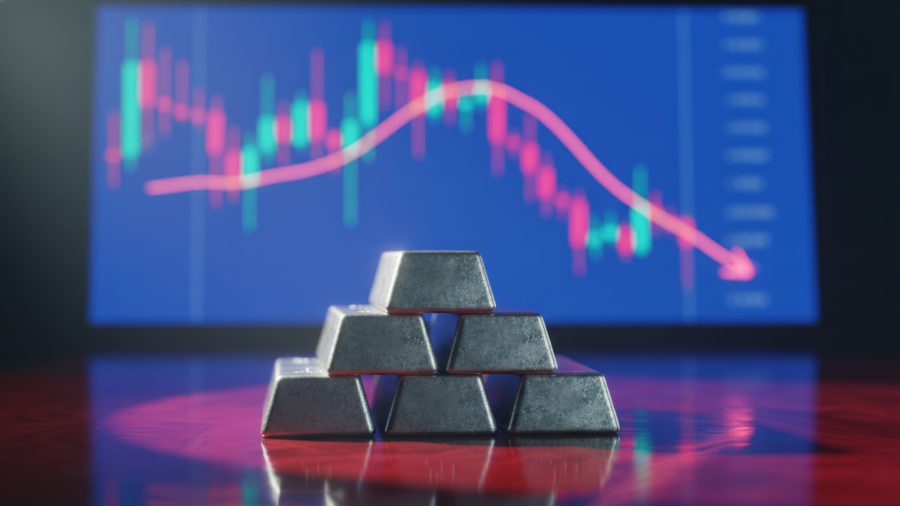Li-Cycle starts battery recycling operations at German plant

Li-Cycle said on Tuesday it has started operations at its German plant to break down electric-vehicle batteries for recycling, part of the company’s rapid expansion into the European market and plan to become one of the continent’s largest lithium producers.
The facility in Magdeburg, roughly 112 miles (180 km)southwest of Berlin, has the capacity to process 10,000 metric tons of battery parts annually, an amount that will eventually grow to 30,000 tonnes.
The plant is Li-Cycle’s first in Europe and will anchor the company’s plans to replicate its North American hub-and-spoke network, in which multiple collection and processing facilities turn batteries into black mass, which is essentially shredded battery parts, and then supply a central recycling plant that will separate the material into lithium, nickel and other metals.
“We see the European market as one of our key growth areas for the coming years,” Tim Johnston, Li-Cycle’s executive chairman, told Reuters.
Toronto-based Li-Cycle is also building battery collection and processing facilities in Norway and France. Collectively, the three will feed black mass to an Italian recycling plant that is expected to open by late 2026 or early 2027.
“Being able to close the loop within the European ecosystem is a key strategic advantage moving forward,” Johnston said.
The German plant is roughly 20,000 square feet in size and employs about 50 people.
Li-Cycle declined to disclose how much it spent on the German operation, though the company has a budget of $35 million to $45 million to build battery processing facilities this year.
Until the Italian facility opens, Li-Cycle will send black mass produced in Europe to its North American processing facility in New York.
Amid strong opposition in Europe to lithium mining, Li-Cycle believes its operations on the continent could grow to become one of the region’s largest lithium producers, Johnston said.
(By Ernest Scheyder; Editing by Matthew Lewis)
More News
{{ commodity.name }}
{{ post.title }}
{{ post.date }}




Comments